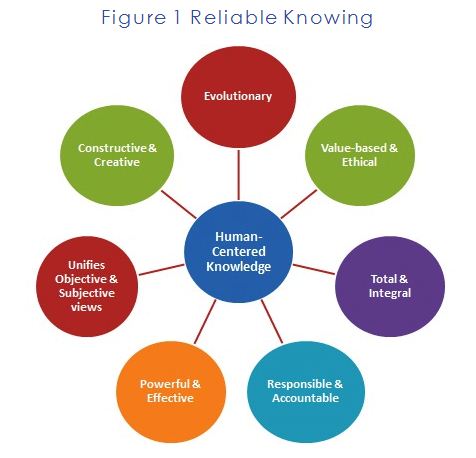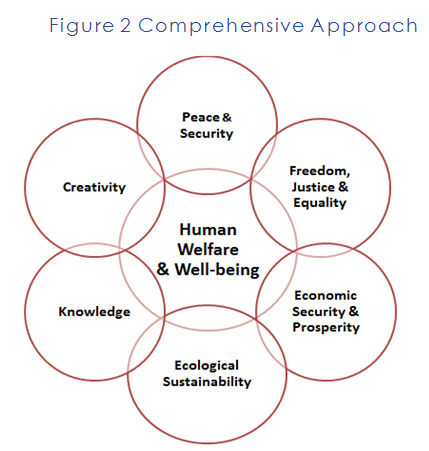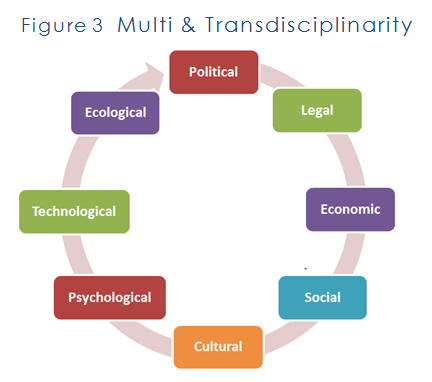Being a world academy composed of members drawn from the arts, social and physical sciences, humanities, business, public administration and civil society poses fundamental questions. How can WAAS distinguish itself from other national and regional academies? Is there really a common meeting point between art and science? Is there a unique contribution that WAAS can make to the world’s knowledge?
 At the New Delhi General Assembly, Fellows explored facets of a new program framework developed by the Strategic Planning Committee (SPC) which seeks to answer these questions in the affirmative. Rather than distinguish itself by specializing on a particular set of disciplines, issues or geographic area, the framework is an attempt to formulate a comprehensive approach and integrated perspective of knowledge inclusive of all disciplinary perspectives and applicable to social problems and opporunities in all fields.
At the New Delhi General Assembly, Fellows explored facets of a new program framework developed by the Strategic Planning Committee (SPC) which seeks to answer these questions in the affirmative. Rather than distinguish itself by specializing on a particular set of disciplines, issues or geographic area, the framework is an attempt to formulate a comprehensive approach and integrated perspective of knowledge inclusive of all disciplinary perspectives and applicable to social problems and opporunities in all fields.

The core of the framework is a human-centered conception of what constitutes reliable knowing, a question posed to the SPC by Ruben Nelson. In his presentation to the GA, Garry Jacobs explained how this conception applies to WAAS’s projects on new economic theory, individuality and limits to rationality. Pushpa Bhargava pointed out that a human centered perspective naturally incorporates ecology, since the survival and full development of humanity depends on its capacity to evolve in harmony with the environment.
Ivo Šlaus emphasized that the program framework also includes a comprehensive approach to what are often perceived as distinct and separate problems as shown in figure 2. This approach is illustrated by the Academy’s project on “Revolution in Human Affairs”, which focuses on the linkage between peace, security, democratic freedom, justice, equality, economic prosperity, crime, and terrorism. 
Recognition that social reality is an integral and organic whole composed of multiple dimensions or aspects naturally leads us to examine each issue from a wide range of different disciplinary frameworks in an effort to capture insights into the total reality of which each is a vital component, as depicted in Figure 3. To illustrate, Winston Nagan pointed out how the Academy’s study of employment incorporated legal, economic, social, political, psychological, demographic, technological, ecological and cultural factors.
The framework broadly organizes global issues concerning governance and devel- opment under a number of inter-related trust areas: Effective Democracy, Global Security, Ecological Resilience, Development, Educational Advancement, Equitable Prosperity and Cultural Enrichment.
This Program Framework was presented and discussed at the World Academy’s Plenum in New Delhi Nov 11, 2011.
Click here for a Presentation of the Program Framework
Click here for a full Discussion of the Program Framework
WAAS GA Executive Briefing, Nov 14, 2019
Science Strategic Planning Process — Major Programs & Ongoing Prospective Projects, July 2024
